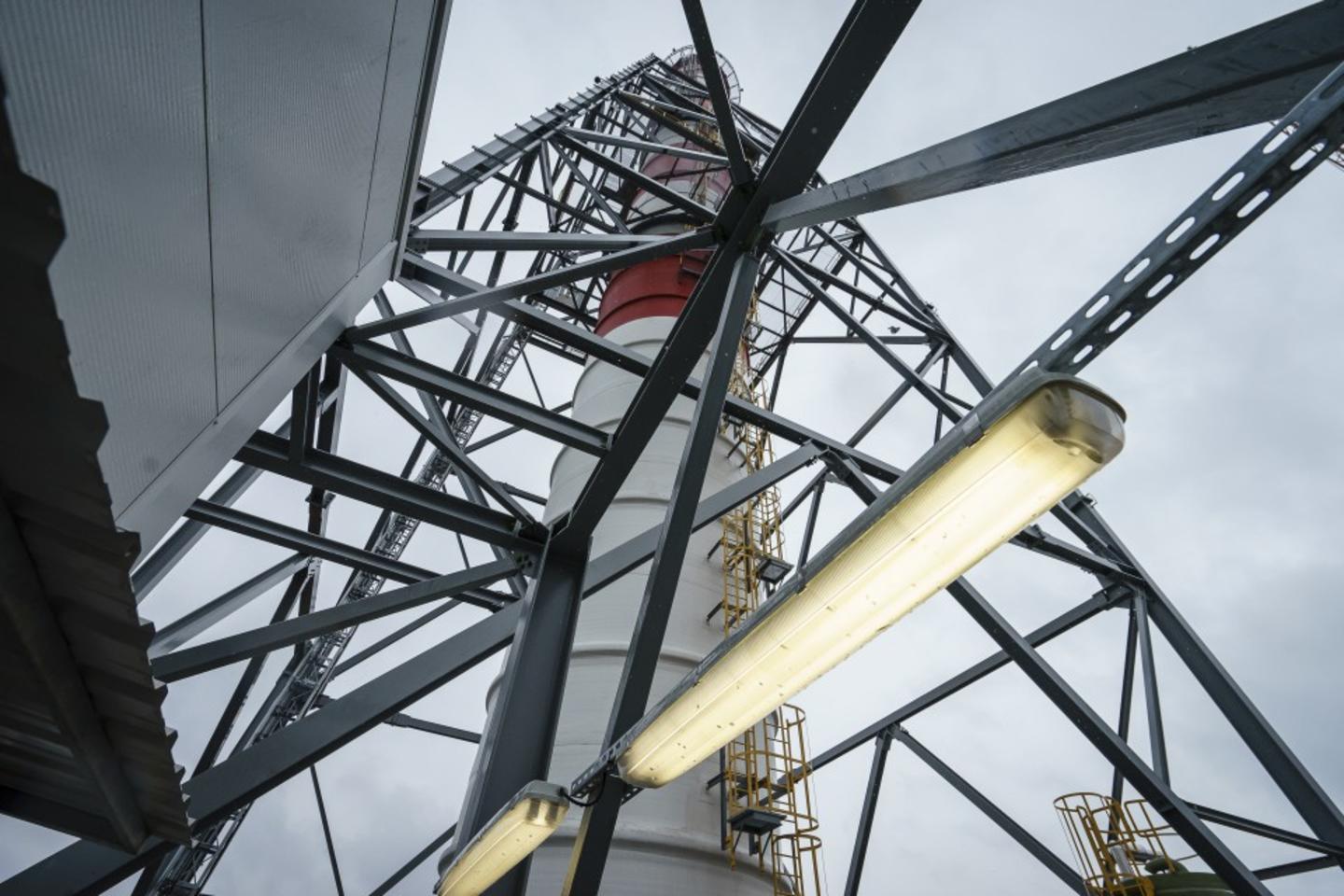Key information about the programme
- The programme is operated by: Ministry of Energy of the Republic of Bulgaria
- The Donor Programme Partners in this programme are: Norwegian Water Resources and Energy Directorate and National Energy Authority of Iceland
- The programme’s objective is: Less carbon intensive energy and increased security of supply.
- The programme funding amounts to € 28 million (excluding co-financing) and is funded entirely by the EEA Grants.
Why is the programme needed?
The EU Clean Energy Package calls for increased investments in renewable energy and energy efficiency in the EU. The Bulgarian energy sector relies on imports for approximately 70% of its gross energy supply and the economy is characterized by one of the highest energy intensities in the EU. Bulgaria has seen considerable improvements in energy efficiency over the past years. With new national targets for 2030, increased investments are required. Production of energy from renewables has also increased in recent years, yet there is a considerable potential in renewable energy sources and technologies, including small hydro power and geothermal.
Increased support for energy efficiency and expanding energy generation from renewable sources will increase energy security, reduce import dependency and energy intensity and contribute to Bulgaria meeting its international obligations and national targets. The EEA Grants’ Energy programme will aim to improve Bulgaria’s energy security by addressing funding gaps in support for renewable energy and energy efficiency measures.
What will the programme achieve and who are the beneficiaries?
Increasing renewable energy production and strengthening expert capacity to develop and utilise both hydro and geothermal energy sources to the benefit of regions and municipalities, will be one of the two focus areas of the EEA Energy programme. This will be achieved through feasibility studies and the construction of small-scale hydro power installations in water supply systems. To improve the utilisation of potential geothermal sources in Bulgaria, the programme will also support projects for geothermal heating/cooling in public buildings and industrial sites.
Taking into account that over 30% of the energy in Bulgaria is consumed in buildings, residential and public service, improving energy efficiency in buildings is a key sector for improvement. The programme will support projects to upgrade buildings to a higher energy standard by implementing pilot projects for near-zero energy buildings. Besides energy efficiency measures in buildings, a need for street lighting rehabilitation has been prioritised, as street lighting systems are often outdated and very energy intensive. Depending on the current status of the lighting system, a new system may achieve up to 50% electricity savings and sometimes more.
The EEA Grants’ Energy programme will contribute to social and economic development through these two prioritized areas. The projects will reduce energy costs for municipalities and industry, improve human health and mitigate climate change through support for the establishment of new infrastructure, improved knowledge and increased cooperation between Bulgaria and the Donor States. An important component of the programme is to support capacity building and enhancing expertise to the benefit of regional and municipal staff working with energy efficiency measures and renewable energy. The results will have potential for long-term impacts by illustrating the benefits of the investments as well as increasing expertise in areas where also costs need to come down. Overall, the programme is expected to lead to a reduction of approximately 172,000 tonnes of CO₂.
How will the programme strengthen bilateral relations?
The Energy programme will contribute to stronger bilateral relations through exchange of know-how and good practices in fields of mutual interest to Bulgaria and the Donor States. The programme has a strong bilateral dimension with two Donor Programme Partners, the Norwegian Water Resources and Energy Directorate and the Icelandic Energy Authority, playing an important role in the development and implementation of the programme. Bilateral cooperation will continue to build on fruitful relations already established in the previous funding period and aims to enlarge the scope of bilateral activities.
Availability of funding through open calls
In addition to two pre-defined projects, the funding in this programme will be made available through the following open calls – dates are tentative and subject to change:
- Call 1 On Hydropower – Second semester 2020
- Call 2 On Geothermal energy – Second semester 2020
- Small grant Scheme 1 On geothermal energy training – Second semester 2020
- Call 3 On energy efficiency in building – First semester 2020
- Call 4 On energy efficiency in industry – Second semester 2020
- Call 5 On rehabilitation and modernisation of municipal infrastructure – Second semester 2019
- Small grant Scheme 2 On training for renewable energy, energy efficiency and energy – Second semester 2020
- Small grant Scheme 3 On monitoring of energy consumption of municipal authorities – First semester 2020
Download the full programme agreement for more detailed information about the programme.
More information can also be found on the website of the EEA Grants in Bulgaria and the website of the Norwegian Water Resources and Energy Directorate and National Energy Authority of Iceland
